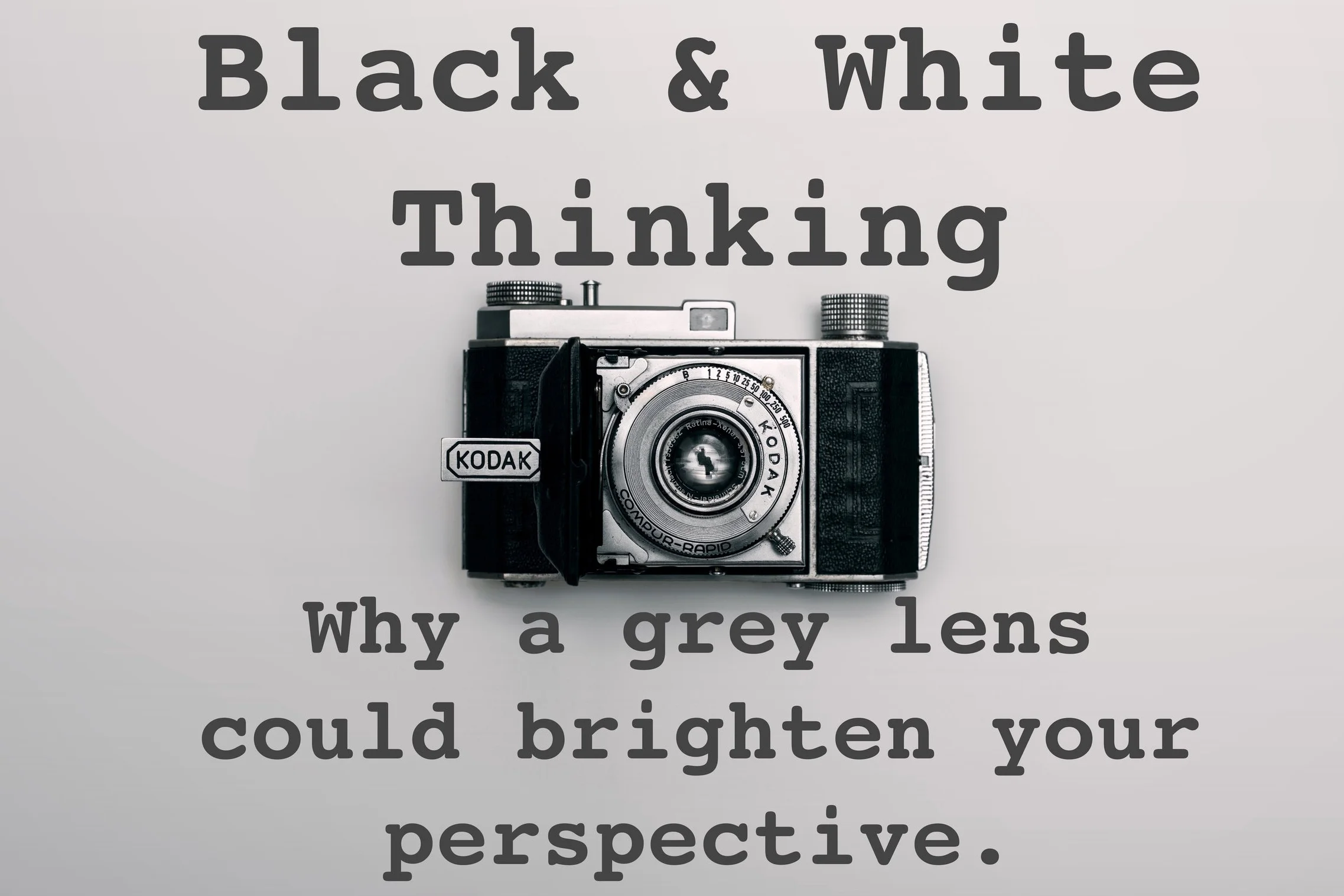In this article, we explore the power of analogies in Cognitive Behavioral Therapy (CBT), focusing on the spotlight analogy. This analogy helps us understand how our attention to intrusive thoughts magnifies their impact, and how shifting focus to the present moment using techniques from CBT, ACT, and mindfulness can reduce anxiety. We provide a practical example of how this approach helps us manage fear and worry, empowering us to live a more balanced and fulfilling life.
Understanding Procrastination: Why We Put Things Off and How It Affects Us
Exploring the Causes and Consequences of Procrastination: Insights Into Mental Health, Perfectionism, and Beyond
Ever found yourself putting off a task you know is important? You’re not alone. Procrastination isn’t just about being lazy; it’s a complex behavior tied to our emotions, mental health, and even perfectionism. Dive into the psychology behind procrastination to uncover how perfectionism, anxiety, and conditions like OCD and BDD play a role.
Discover practical strategies to break free from the cycle of delay and learn how understanding these emotional triggers can lead to more effective time management. Join us as we explore the causes and consequences of procrastination and uncover ways to regain control.
Enhancing Sleep Quality. Proven CBT Strategies for Overcoming Nighttime Anxiety
This article tackles the widespread issue of nighttime anxiety and its detrimental effect on sleep, highlighting the cognitive-behavioural feedback loop that fuels sleep disturbances. It underscores Cognitive Behavioural Therapy (CBT) as an effective remedy, with My Therapist Online (MTO) offering specialised therapists for personalised support.
It points out the efficacy of self-help strategies, complemented by the specialised guidance from MTO's expert therapists, as essential for breaking the anxiety-sleep issue cycle. The conclusion affirms that with strategic behavioural and environmental adjustments, supported by professional therapy, achieving quality sleep in the face of nighttime anxiety is within reach.
HOW DO I FIND A THERAPIST NEAR ME? WITH 7 USEFUL OPTIONS
Finding a good therapist or counsellor may feel like an overwhelming task when you first set out. If you search online for therapists, you’ll find a huge range of therapist qualifications, specialisms, therapy styles and costs.
How do you know what is going to be right for you?
Does the right therapist even live near you?
This guide is designed to help you think through your options, work out what is going to be best for you and show how to find a therapist near you.
Evidence based solutions to sleep problems and night time anxiety
Navigating Sleep Challenges with CBT - Insights from an Expert
Struggling with frequent sleep disturbances can be both frustrating and debilitating. For many grappling with nighttime anxiety and insomnia, Cognitive Behavioural Therapy (CBT) has emerged as a highly recommended, evidence-based approach to break these distressing cycles. Lisa Johnston, an experienced CBT therapist specialising in anxiety disorders, offers valuable strategies to enhance your sleep quality and alleviate nighttime anxiety.
In this insightful piece, Lisa shares practical CBT techniques designed to help you overcome sleep-related challenges. These strategies are grounded in scientific research and clinical experience, offering a beacon of hope for those seeking to reclaim restful nights and peaceful sleep.
How to support someone through anxiety (advice & tips from a CBT therapist)
Advice for friends and family - how to encourage and support someone who is engaging in treatment for an anxiety problem.
Get help to feel more able to offer loved ones emotional support as they move forwards on what, at times, can feel like a bumpy road to recovery.
Includes suggestions of things you could say as well as advice about what not to say.
Eye Movement Desensitization and Reprocessing (EMDR) - learn how it can be effectively used within online therapy.
Eye Movement Desensitization & Reprocessing (EMDR) - as effective when delivered online.
Helpful advice for managing anxiety during Coronavirus.
What is black and white thinking & why should we consider shifting our perspective onto the grey? (Therapist Advice)
Black and white thinking is the tendency to see things as all-or-nothing, things are either good or bad, right or wrong. We will all be able to recognise this type of thinking from time to time. Here Lisa Johnston, CBT Therapist and founder of My Therapist Online, shares some advice about how best to manage this type of unhelpful thinking in order to find the grey… or indeed a range of colour in the way we perceive things.








